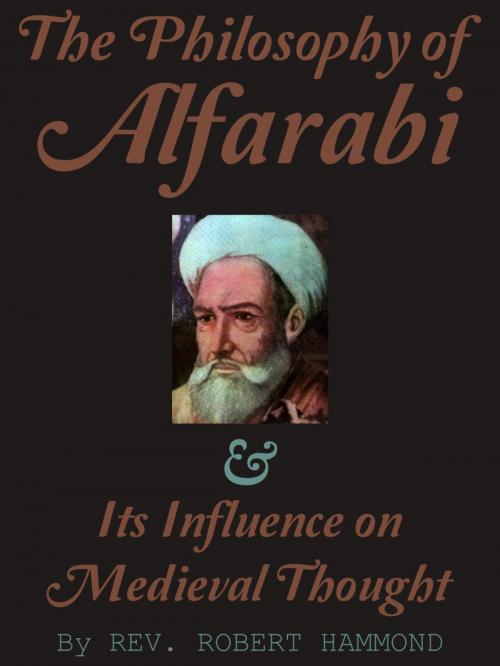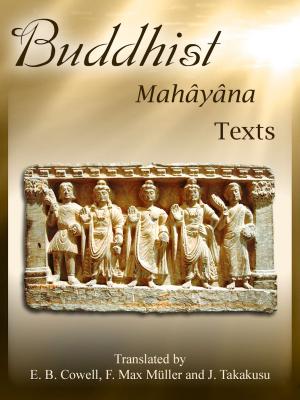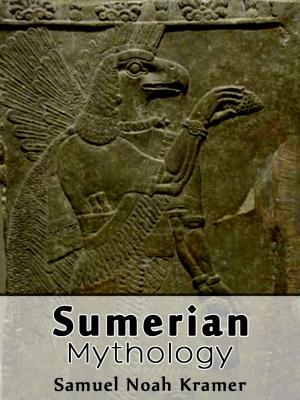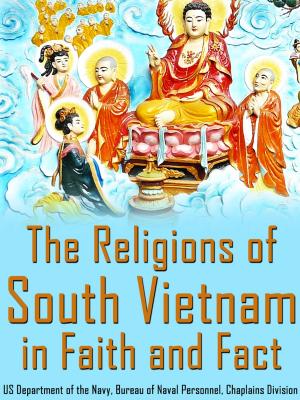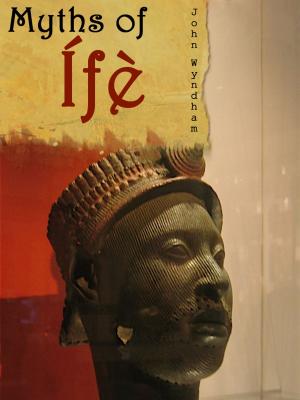The Philosophy of Alfarabi
Nonfiction, Religion & Spirituality, Middle East Religions, Islam, Fiction & Literature, Classics, Historical| Author: | Robert Hammond | ISBN: | 1230000101470 |
| Publisher: | AppsPublisher | Publication: | January 21, 2013 |
| Imprint: | Language: | English |
| Author: | Robert Hammond |
| ISBN: | 1230000101470 |
| Publisher: | AppsPublisher |
| Publication: | January 21, 2013 |
| Imprint: | |
| Language: | English |
The Philosophy of Alfarabi
by Robert Hammond
Alfarabi is a Neo-Platonist inasmuch as his mystic tendencies are numerous in his Metaphysics, Psychology and Political thought. As a Neo-Platonist, he follows the groundwork of the Neo-Platonic doctrine made of religious Mysticism and Emanatist Monism. Thus, Alfarabi's philosophy is entirely theocentric in the sense that it holds God as the center of the universe. God is One; this One is the Absolute which transcends everything. From the One flows the plurality of things gradually coming down the scale of perfection to the existence of matter. The goal of man is to return to God. This return is to be accomplished by virtue and philosophical thought.
Like the Neo-Platonists, Alfarabi holds in his treatise on The Agreement Between Plato and Aristotle, that there is no essential difference between the philosophy of Plato and that of Aristotle.
"Abu Nasr Muhammad ibn al-Farakh al-Farabi or Abu Nasr al-Farabi (in some sources, known as Muhammad ibn Muhammad ibn Tarkhan ibn Uzlagh al-Farabi), also known in the West as Alpharabius, Alfarabi, Al-Farabi, Farabi, and Abunaser (c. 872 â€" between 14 December 950 and 12 January 951) was a Central Asian polymath and one of the greatest scientists and philosophers of Persia and the Islamic world in his time. He was also a cosmologist, logician, musician, psychologist and sociologist."
The Philosophy of Alfarabi
by Robert Hammond
Alfarabi is a Neo-Platonist inasmuch as his mystic tendencies are numerous in his Metaphysics, Psychology and Political thought. As a Neo-Platonist, he follows the groundwork of the Neo-Platonic doctrine made of religious Mysticism and Emanatist Monism. Thus, Alfarabi's philosophy is entirely theocentric in the sense that it holds God as the center of the universe. God is One; this One is the Absolute which transcends everything. From the One flows the plurality of things gradually coming down the scale of perfection to the existence of matter. The goal of man is to return to God. This return is to be accomplished by virtue and philosophical thought.
Like the Neo-Platonists, Alfarabi holds in his treatise on The Agreement Between Plato and Aristotle, that there is no essential difference between the philosophy of Plato and that of Aristotle.
"Abu Nasr Muhammad ibn al-Farakh al-Farabi or Abu Nasr al-Farabi (in some sources, known as Muhammad ibn Muhammad ibn Tarkhan ibn Uzlagh al-Farabi), also known in the West as Alpharabius, Alfarabi, Al-Farabi, Farabi, and Abunaser (c. 872 â€" between 14 December 950 and 12 January 951) was a Central Asian polymath and one of the greatest scientists and philosophers of Persia and the Islamic world in his time. He was also a cosmologist, logician, musician, psychologist and sociologist."
